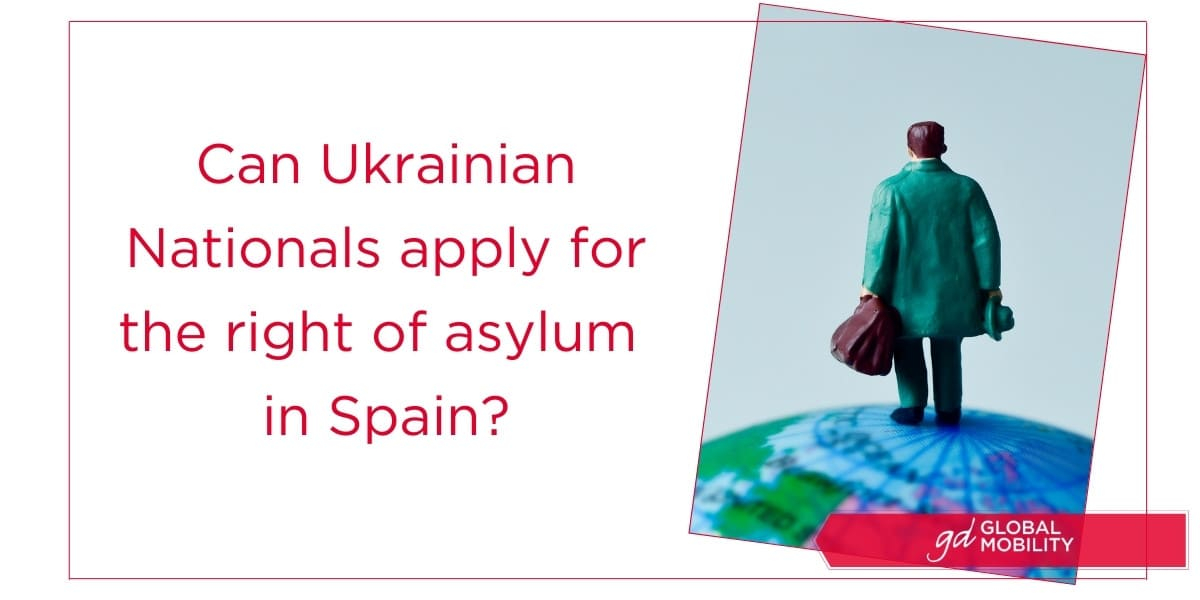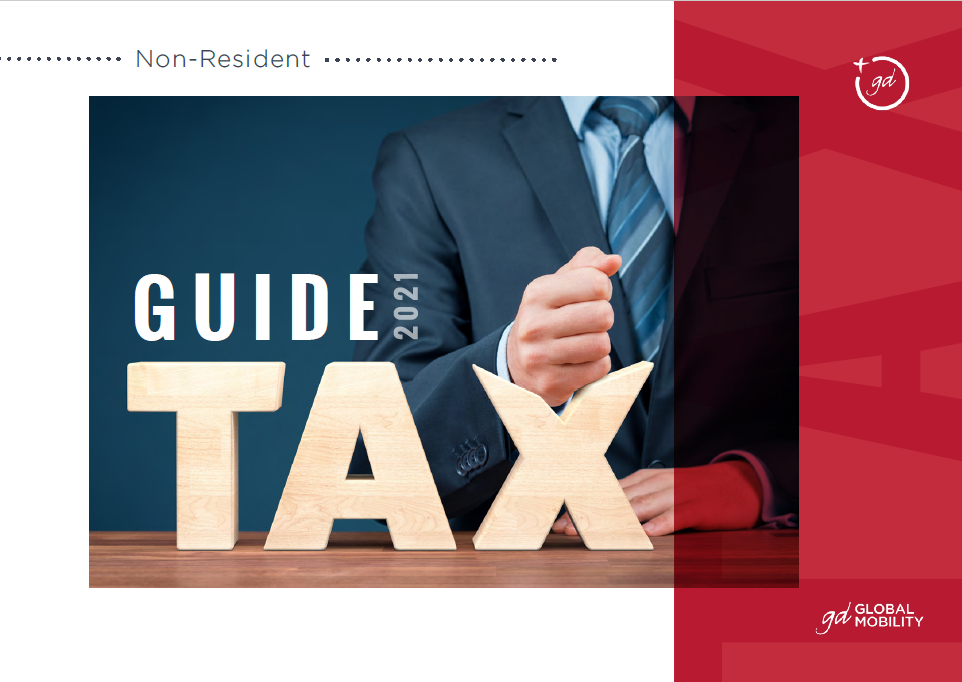
Given the war unleashed between Russia and Ukraine, there is uncertainty about the legal status of Ukrainian citizens forced to leave their country.
Nicolás Vieira, expert and advisor in international mobility at GD Global Mobility, addresses this issue by answering two fundamental questions: What is the legal situation of refugees in the event of armed conflicts? Does the asylum regulation apply to Ukrainian citizens?
What is a refugee?
The UN Refugee Agency, or UNHCR, explains that refugees are people fleeing persecution or severe harm, including human rights violations, armed conflict, and persecution.
In the absence of protection in their countries of origin, which the state is unwilling or unable to provide, they are forced to cross an international border and seek safety in other countries.
Moreover, these citizens fall under the international definition of “refugees” with access to assistance from States, UNHCR and other organizations. They are also recognized precisely because it is very dangerous for them to return to their countries and they need international protection elsewhere.
In Spain, the concept of refugee is contained in article 3 of Law 12/2009, of October 30, regulating the right to asylum and subsidiary protection. This law develops the requirements and procedure by which refugees can apply for international protection (asylum) or, where appropriate, subsidiary protection.
Under both visions of the concept of refugee, the war between Russia and Ukraine, and especially in the face of the Russian army's invasion of Ukraine, it can be considered that the minimum requirements are met to consider that Ukrainian nationals can apply for asylum and that therefore the right of asylum will be granted it.
However, as indicated by the UNHCR, each country determines, according to its internal regulations, the conditions for processing and accepting asylum applications. Therefore, each case must be exposed and studied by the competent body, until a specific statement is issued that considers the current situation in Ukraine, as has happened in Spain with the case of the Venezuelans.
Who can apply for asylum in Spain and how?
Anyone can apply for asylum. Normally, it can be applied for by anyone who considers that they are at risk in their country of origin, or that they need to leave their country in search of a safe enviroment where to settle in another country.
The asylum application must be made once the refugee arrives in Spain. Given this, there are two possibilities:
- A) If the foreigner arrives in Spain and cannot enter Spanish territory, the asylum application can be formalized directly at the border post.
- B) If he is already in Spain, the application can be formalized at the Office of Asylum and Refuge (OAR), at any spanish immigration Office, at authorized Spanish Police Stations or at Spanish Foreign Detention Centers.
The lack of identity documents such as a passport, or having crossed borders by means other than those established by the official border posts will not be an impediment to submit the asylum application. Since it is understood that refugees are in a vulnerable situation and all means of proof are admitted to prove their condition and current situation.
What rights does the refugee have during the processing of his file in Spain?
In Spain, the mere formalization of the asylum application and the interview gives you an official identification document called “the white card”, or asylum application card, which already has an NIE number assigned (NIE is the Number of Identification for Foreign citizens in Spain and is required for almost everything in the Spanish daily life).
This card (The White card) allow the applicant to work after 6 months of making the Asylum request, and may be renewed for a red card (or second asylum application card) as many times as necessary until the file is resolved.
Asylum seekers will also have the right to:
- To remain in Spain until the request is resolved, unless there is a claim from another country of the European Union or from an International Criminal Court.
- To be assisted by a lawyer, free of charge if you cannot pay (Bar Associations or NGOs).
- To the assistance of an interpreter in a language in which you can easily explain yourself.
- To have your request communicated to the United Nations High Commissioner for Refugees (UNHCR) in Spain.
- To know the content of the file at any time.
- To be documented as an applicant for international protection.
- To health care in case of need and receive health benefits.




